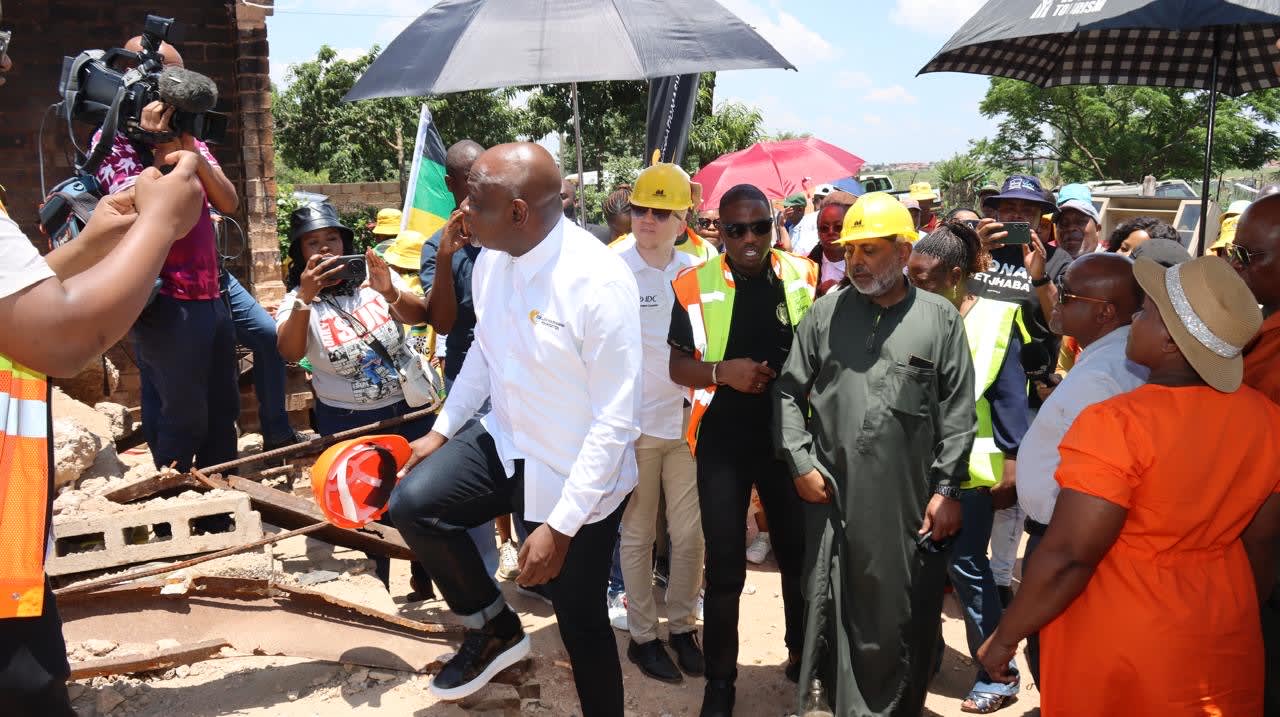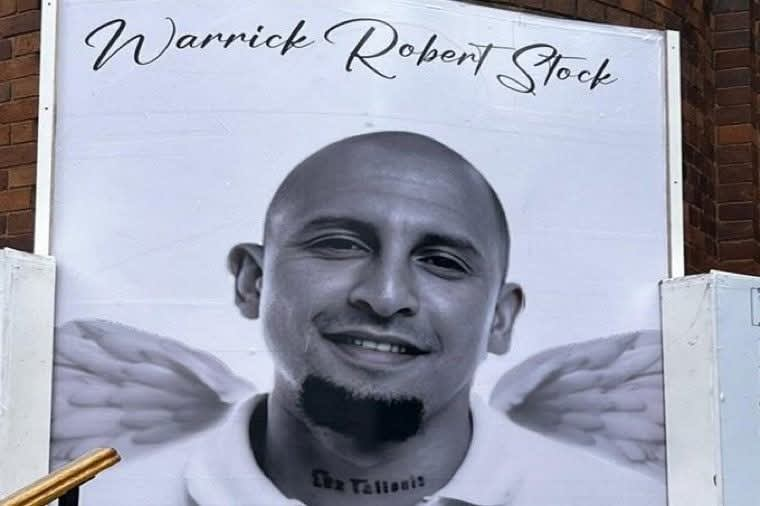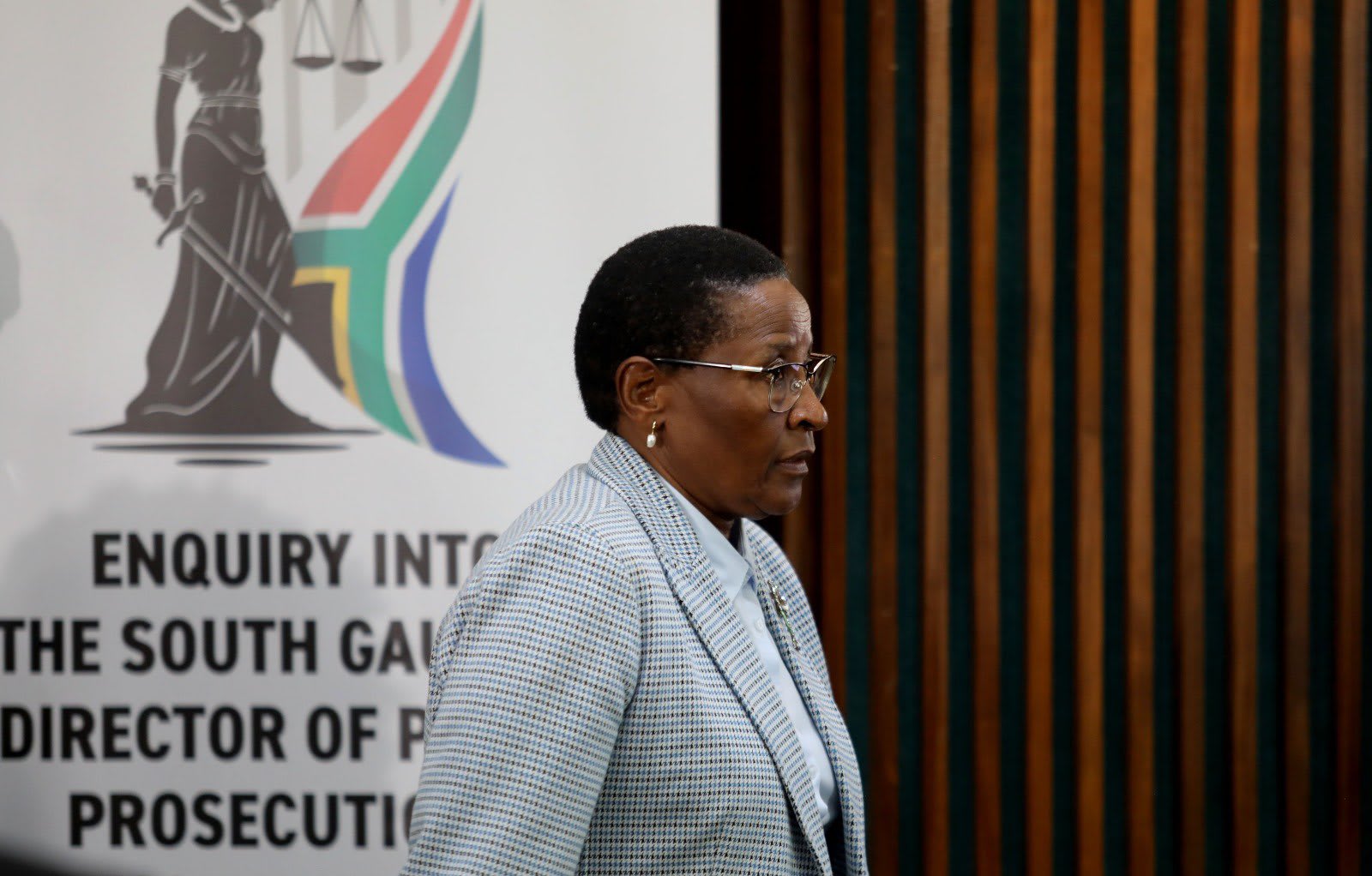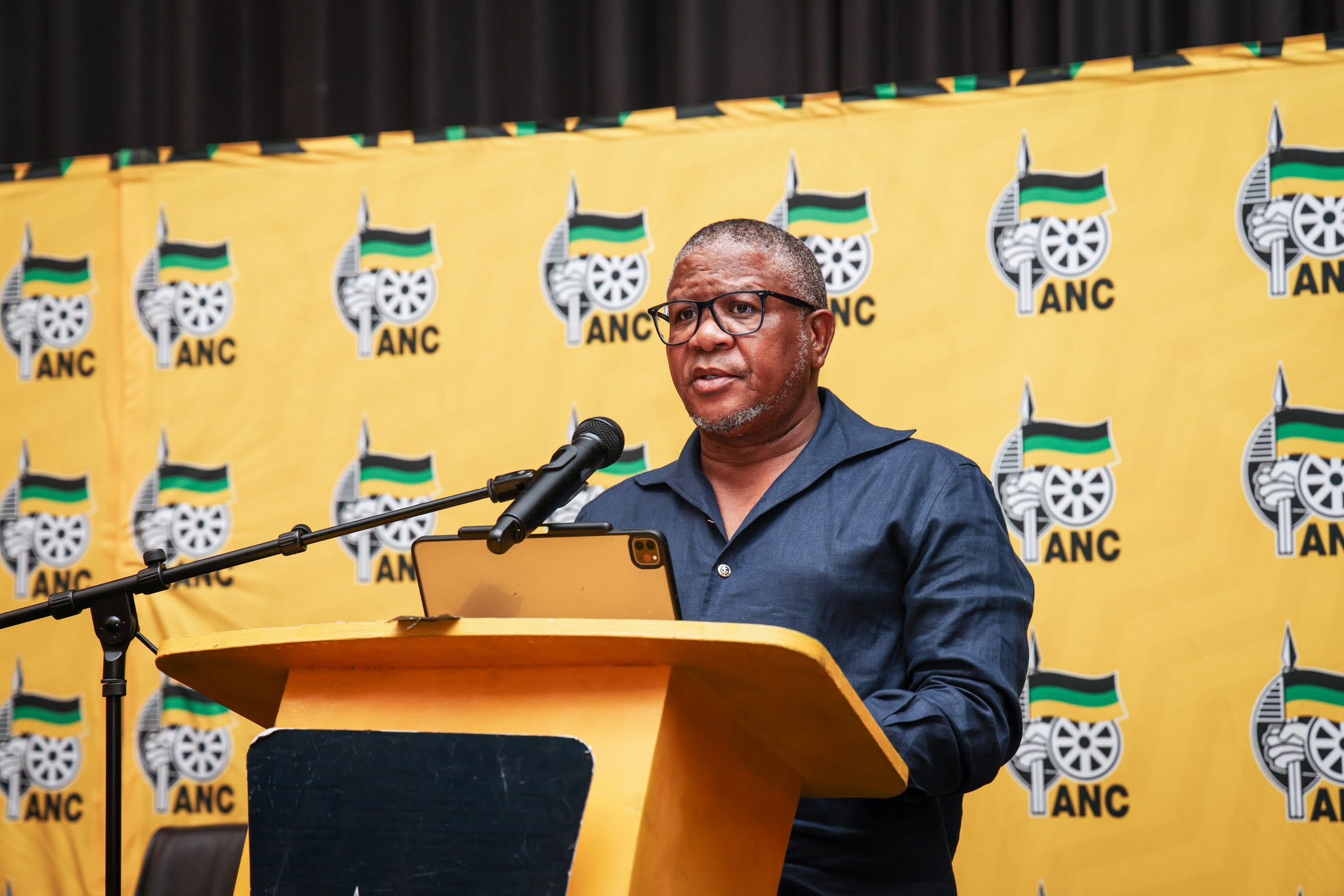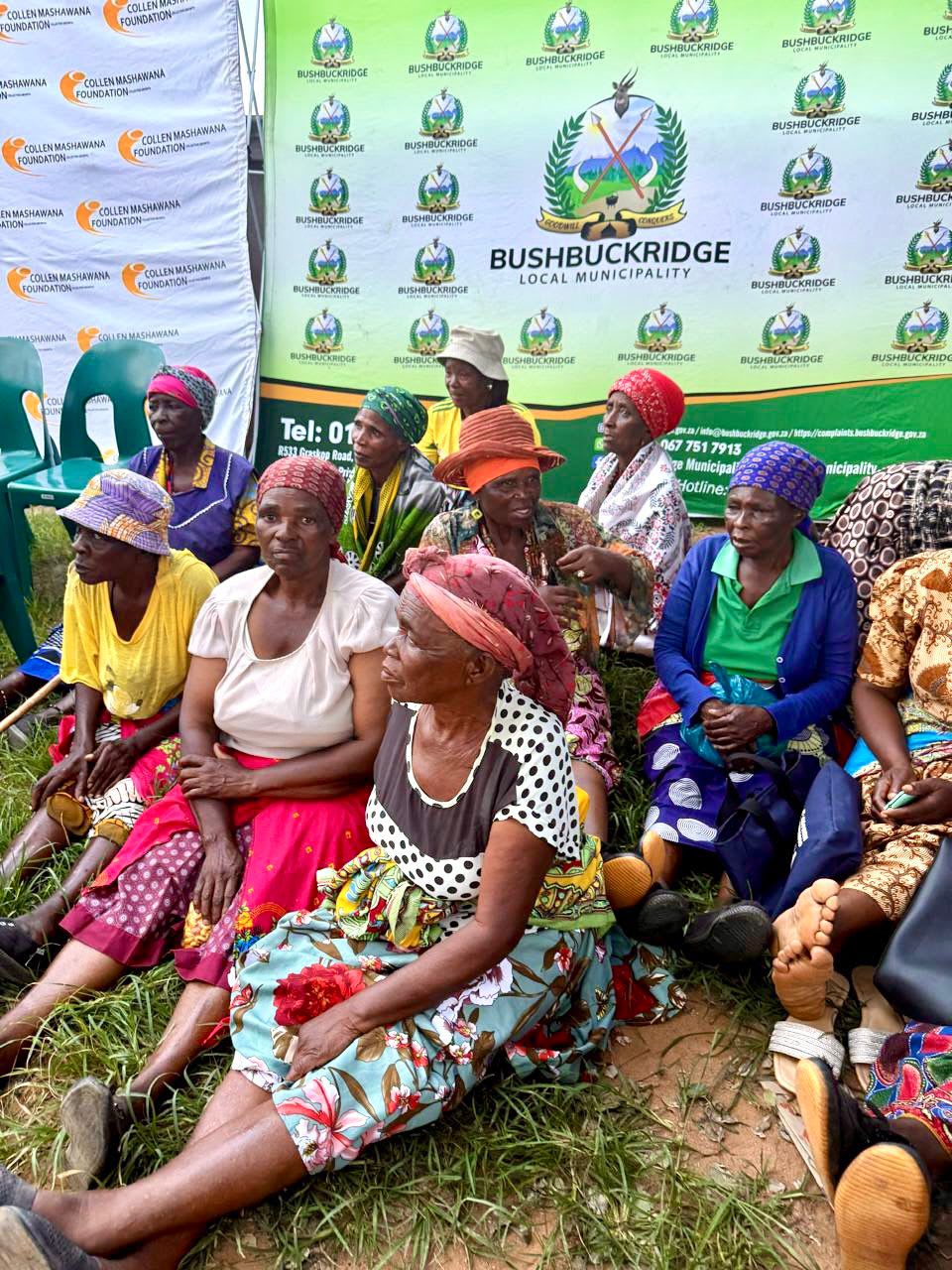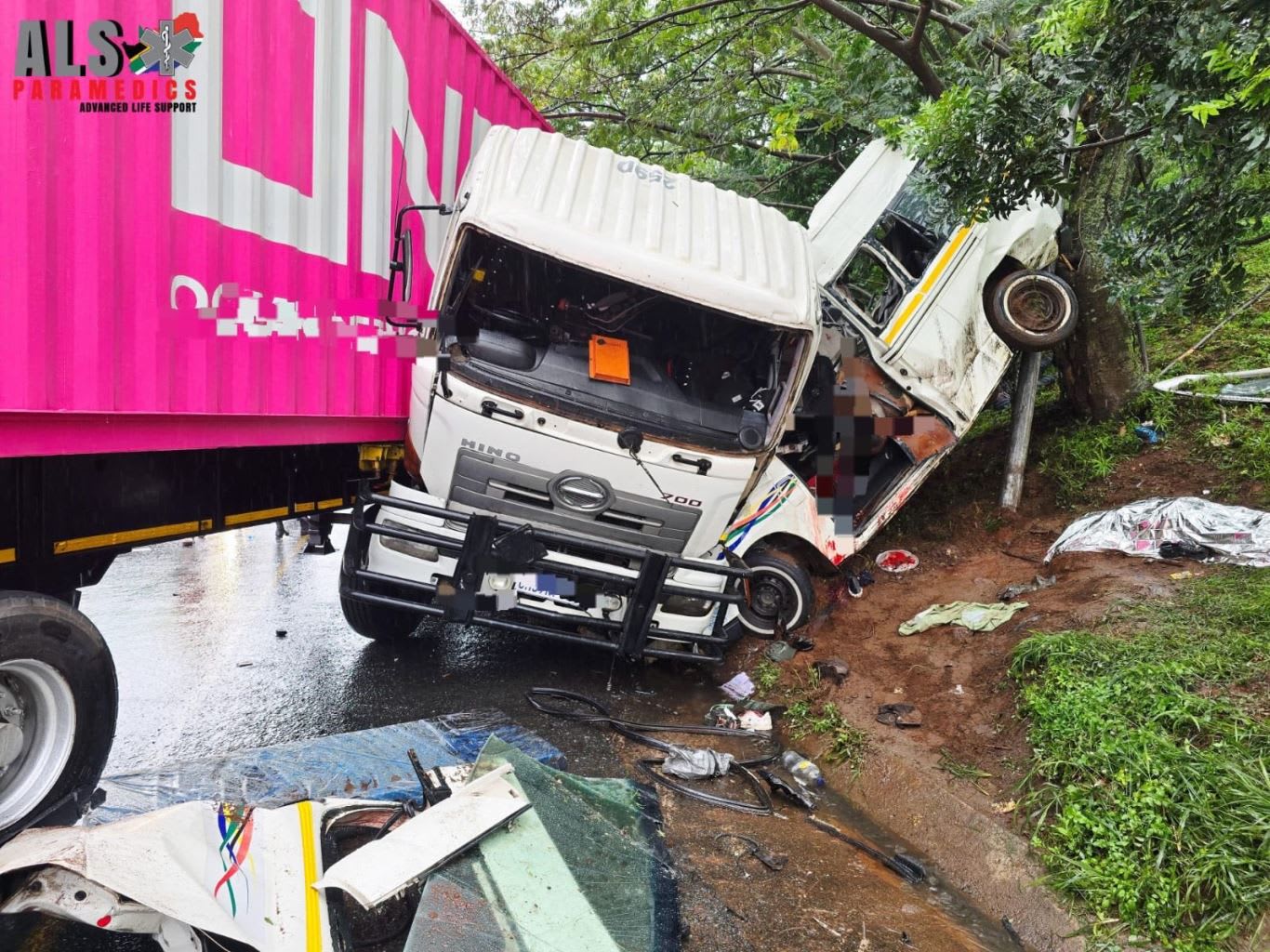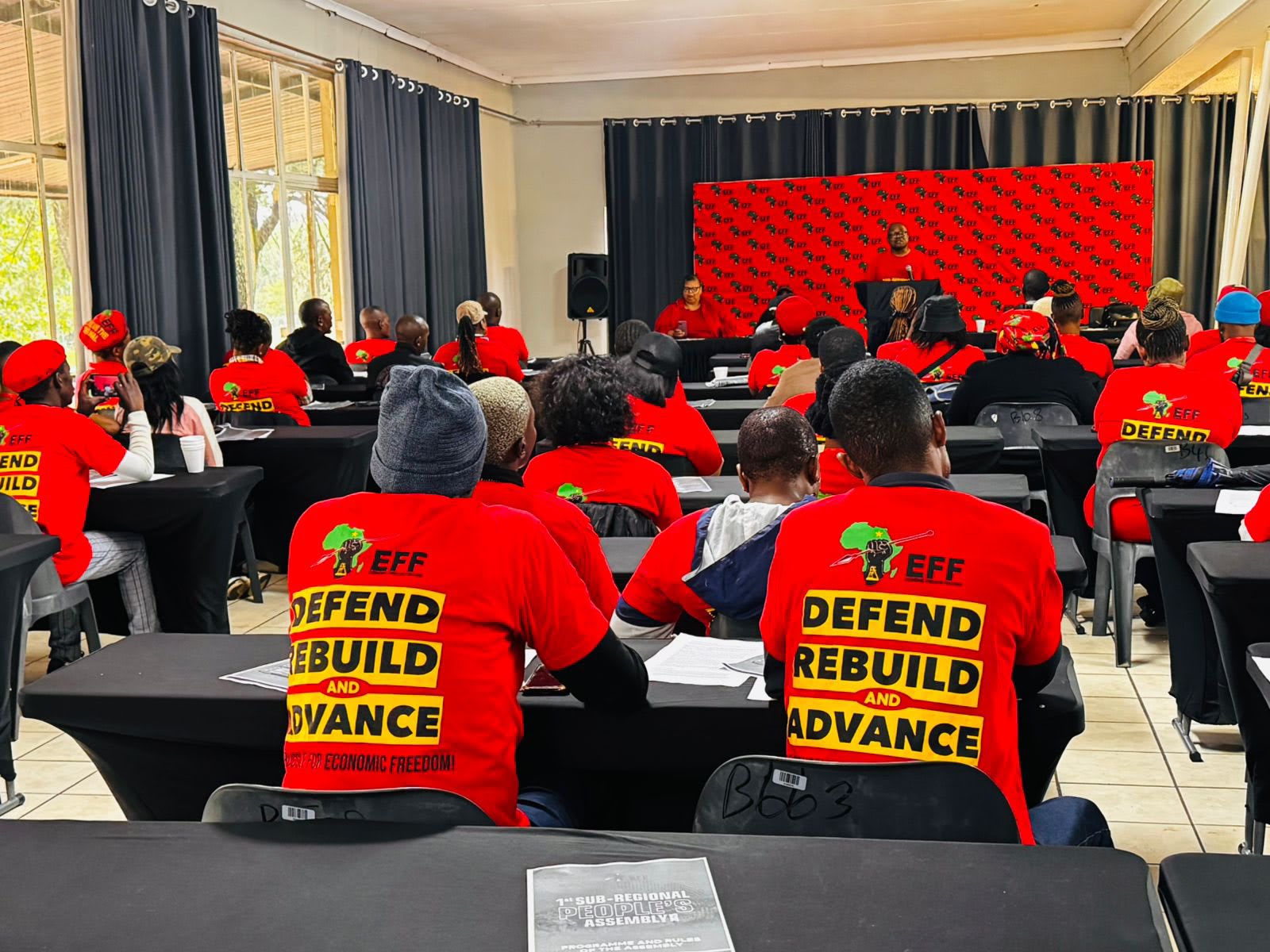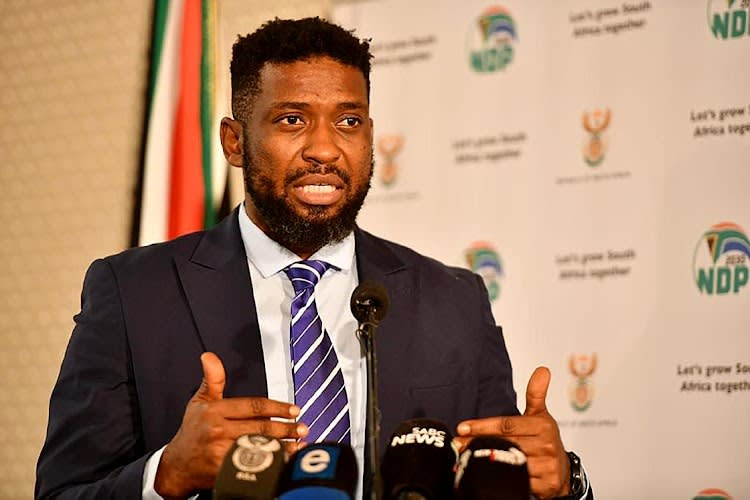Madlanga Commission
Police investigators told the Madlanga Commission that their probe into the murder of Vereeniging engineer Armand Swart was disrupted by internal interference. Witness B said the SAPS Cold Case Unit demanded access to the active docket, key ballistic evidence was deleted, and senior officers allegedly tried to undermine the case.
Police investigators told the Madlanga Commission of Inquiry that their work on the murder case of Vereeniging engineer Armand Swart was disrupted by internal interference from within the South African Police Service (SAPS).
Testifying in camera, a detective referred to as Witness B said the investigation came under pressure when members of the SAPS Cold Case Unit repeatedly requested access to the Swart case docket despite the case being active and four suspects already arrested. Witness B described the requests as irregular and against SAPS procedure, which requires authorisation from a commanding officer before an active docket can be shared.
Witness B also detailed difficulties in retrieving a key ballistic report compiled in Silverton, Pretoria, on the day suspect Katiso Molefe was arrested. She said the report was later found to have been deleted from the SAPS system and could not be recovered when detectives attempted to access it. A captain in Silverton told investigators he could not assist at the time because he had been drinking.
The ballistic analysis was later taken to KwaZulu-Natal for a second opinion, as per instructions from the Gauteng provincial head of detectives. A warrant officer there found that some cartridge linkages were missing from the initial report. One firearm's serial number was later recovered through an etching process, which had reportedly not been successful in Silverton despite being marked as completed in the initial report.
Witness B told the commission the ballistic findings were essential, as the weapons were recovered in the possession of suspects and were key to linking them to the crime scene.
She also alleged that Major-General Richard Shibiri, head of Gauteng crime investigation services, was sharing information on how to undermine investigations. She referred to a meeting with Shibiri where it became clear that some senior officers within SAPS were attempting to interfere with or delay the case. Witness B described this as disappointing, saying it was difficult to learn that high-ranking officials within the police may have been working against them.
The commission also heard that Witness B and her colleagues were subjected to threats during court proceedings. People in the gallery were seen taking pictures and recording them. On one occasion, she said their vehicle was nearly forced off the road while returning from court.




